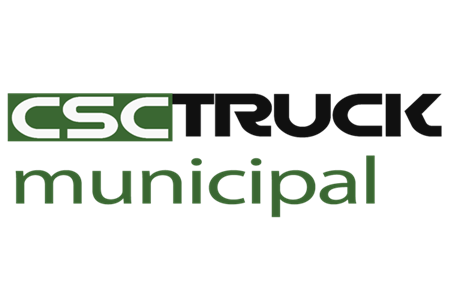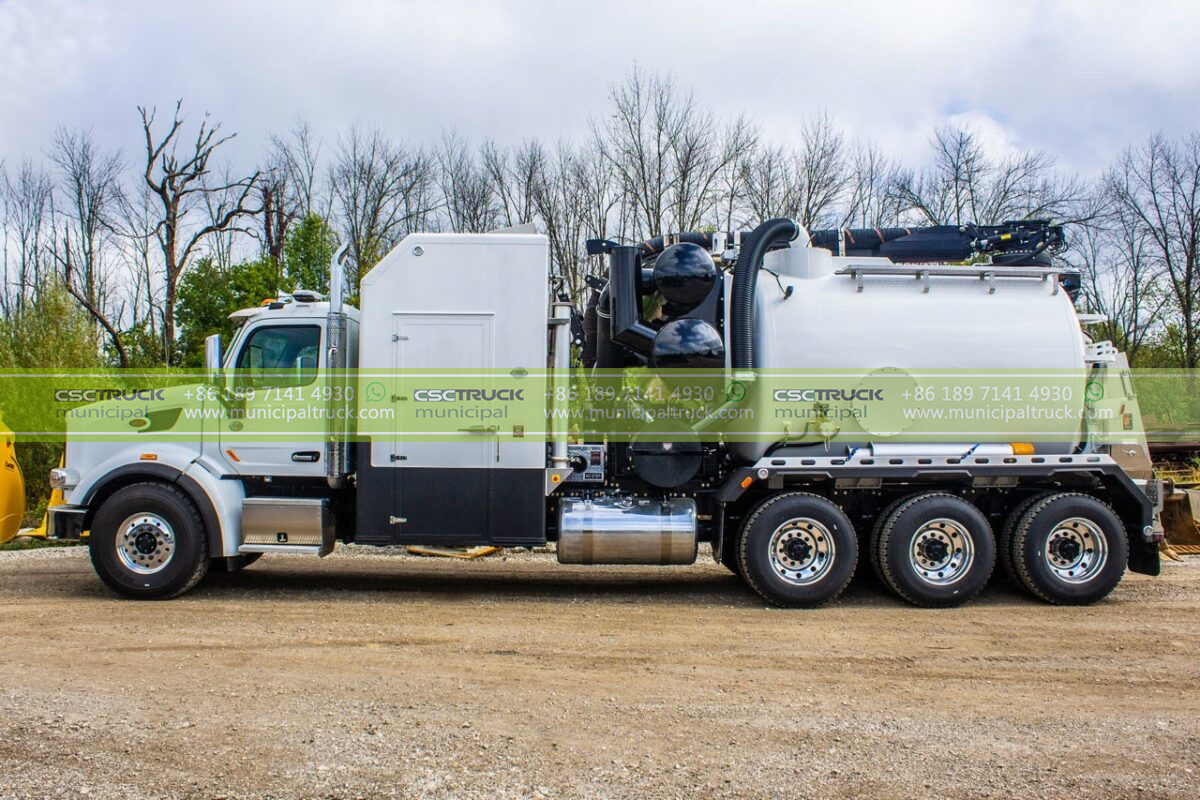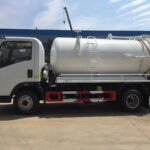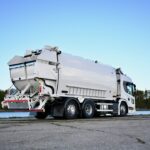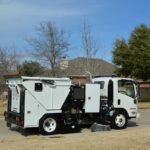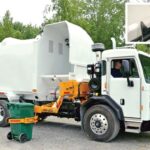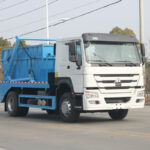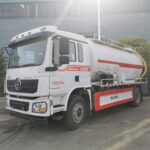Sewage trucks play a vital role in maintaining public health and sanitation by collecting and transporting wastewater and sewage from residential, commercial, and industrial areas. Traditionally, these vehicles have been basic in design and function, focusing primarily on the task of waste collection. However, with advancements in technology and growing environmental concerns, the future of sewage trucks is poised to undergo significant transformations. In this article, we will explore the new technology and trends that are shaping the future of sewage trucks and revolutionizing the wastewater management industry.
- Electric and Hybrid Powertrains: One of the most significant trends in the automotive industry is the shift towards electric and hybrid powertrains. This trend is now making its way into the sewage truck sector as well. Electric and hybrid sewage trucks offer numerous advantages, including reduced emissions, lower operating costs, and quieter operation. By replacing traditional diesel engines with electric motors or combining them with hybrid systems, these vehicles can significantly reduce their carbon footprint and contribute to a cleaner and greener environment.
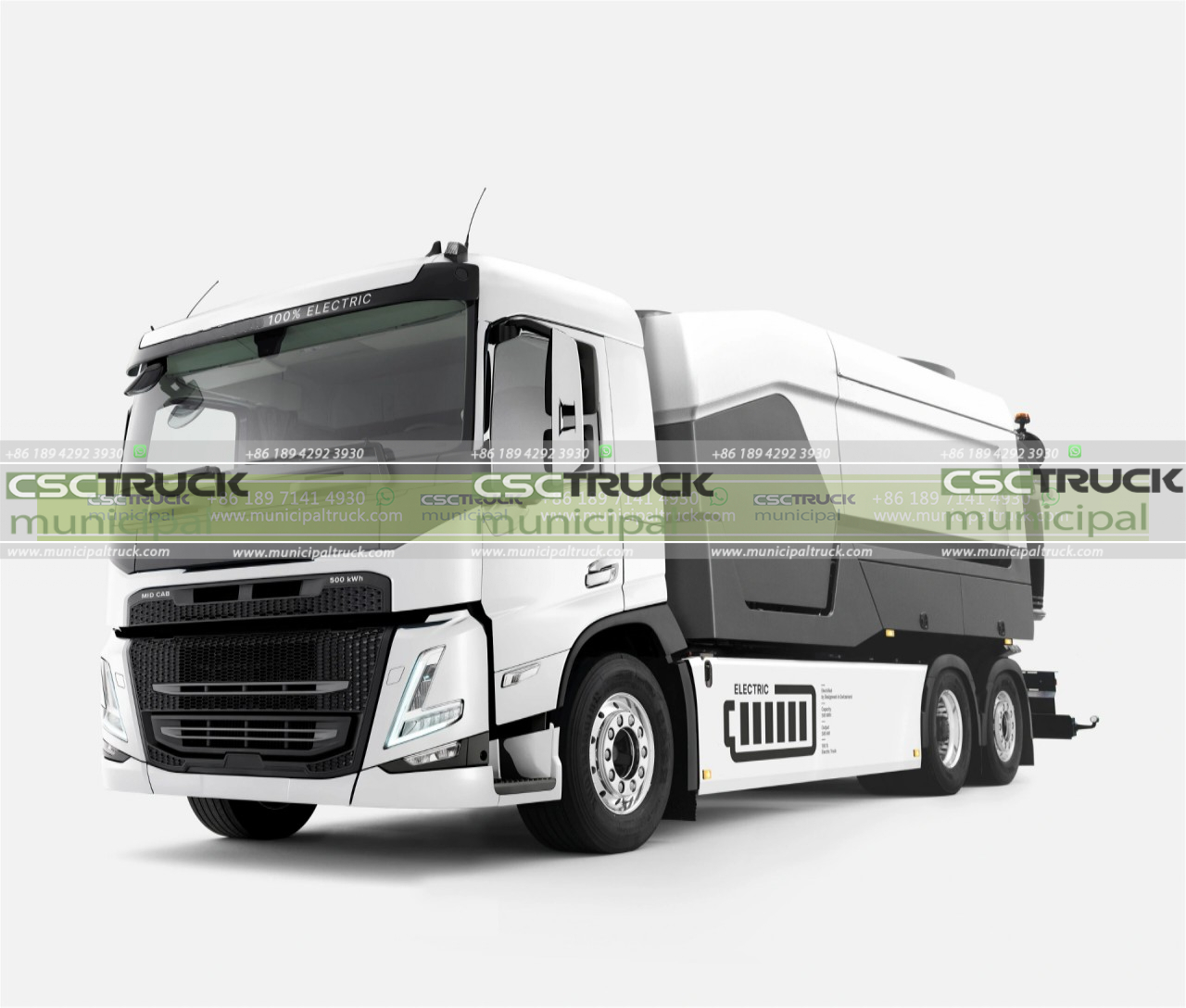
- Autonomous Operation: Automation and autonomous vehicles are transforming various industries, and sewage trucks are no exception. The development of advanced sensor technology, artificial intelligence, and machine learning algorithms has paved the way for autonomous sewage trucks. These vehicles can navigate through the streets, identify collection points, and perform waste collection tasks without human intervention. Autonomous operation not only improves efficiency but also enhances worker safety by reducing their exposure to hazardous environments.
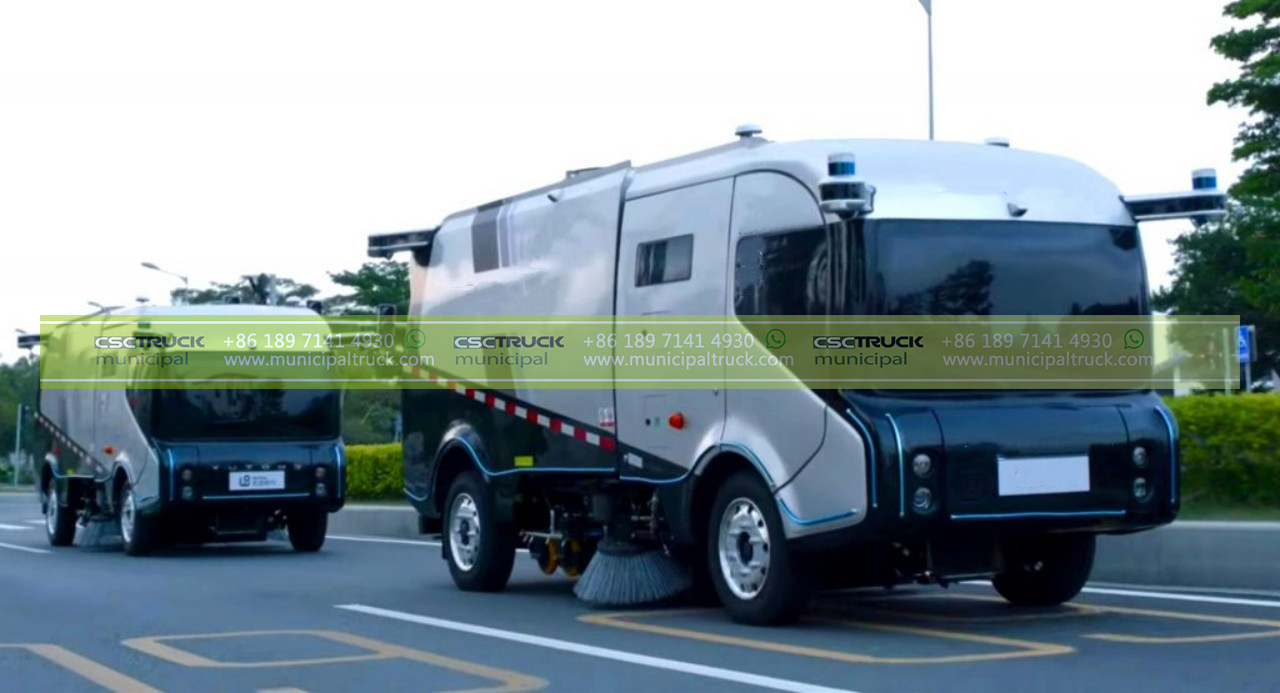
- Waste Sorting and Recycling: In the past, sewage trucks collected and transported waste to treatment facilities simply. However, the future of these vehicles includes integrated waste sorting and recycling capabilities. Advanced onboard sorting systems can separate different types of waste, such as organic matter, plastics, and metals, allowing for more efficient recycling and resource recovery. This not only reduces the strain on treatment plants but also promotes the circular economy by transforming waste into valuable resources.
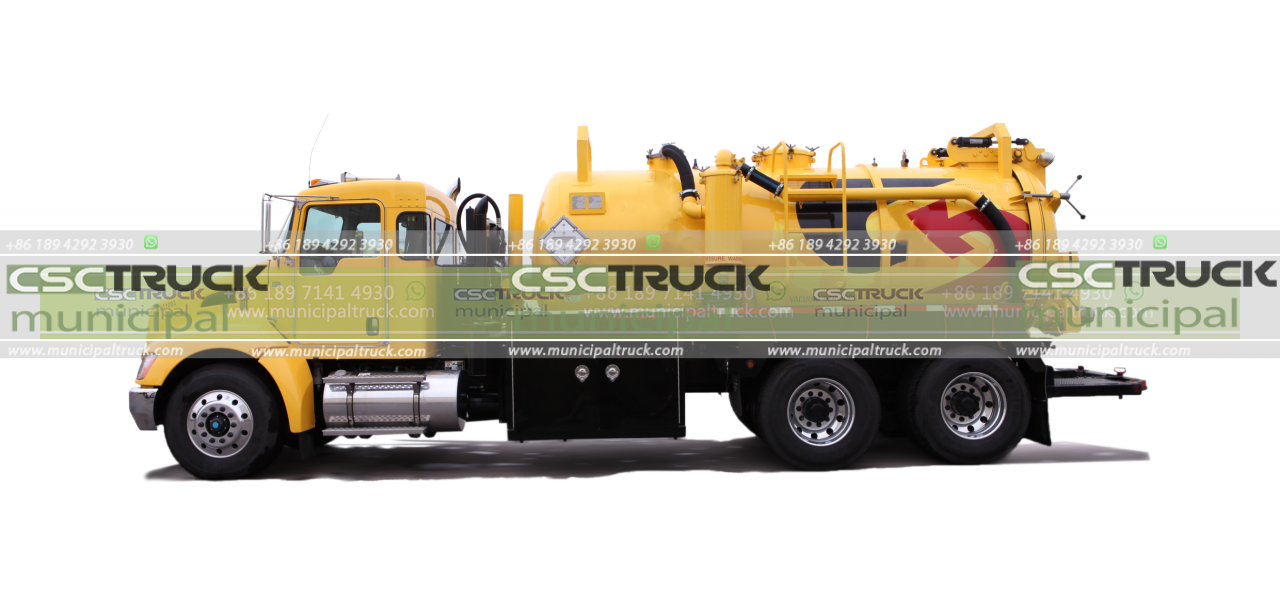
- Real-Time Monitoring and Data Analytics: With the advent of the Internet of Things (IoT) and smart sensors, sewage trucks can now be equipped with real-time monitoring systems. These systems provide valuable data on waste levels, flow rates, and quality parameters, allowing for optimized route planning and efficient waste collection. Moreover, data analytics can help identify patterns and trends, enabling proactive maintenance and better decision-making in sewage management. By harnessing the power of data, municipalities, and waste management companies can improve their operations and provide more sustainable and effective services.
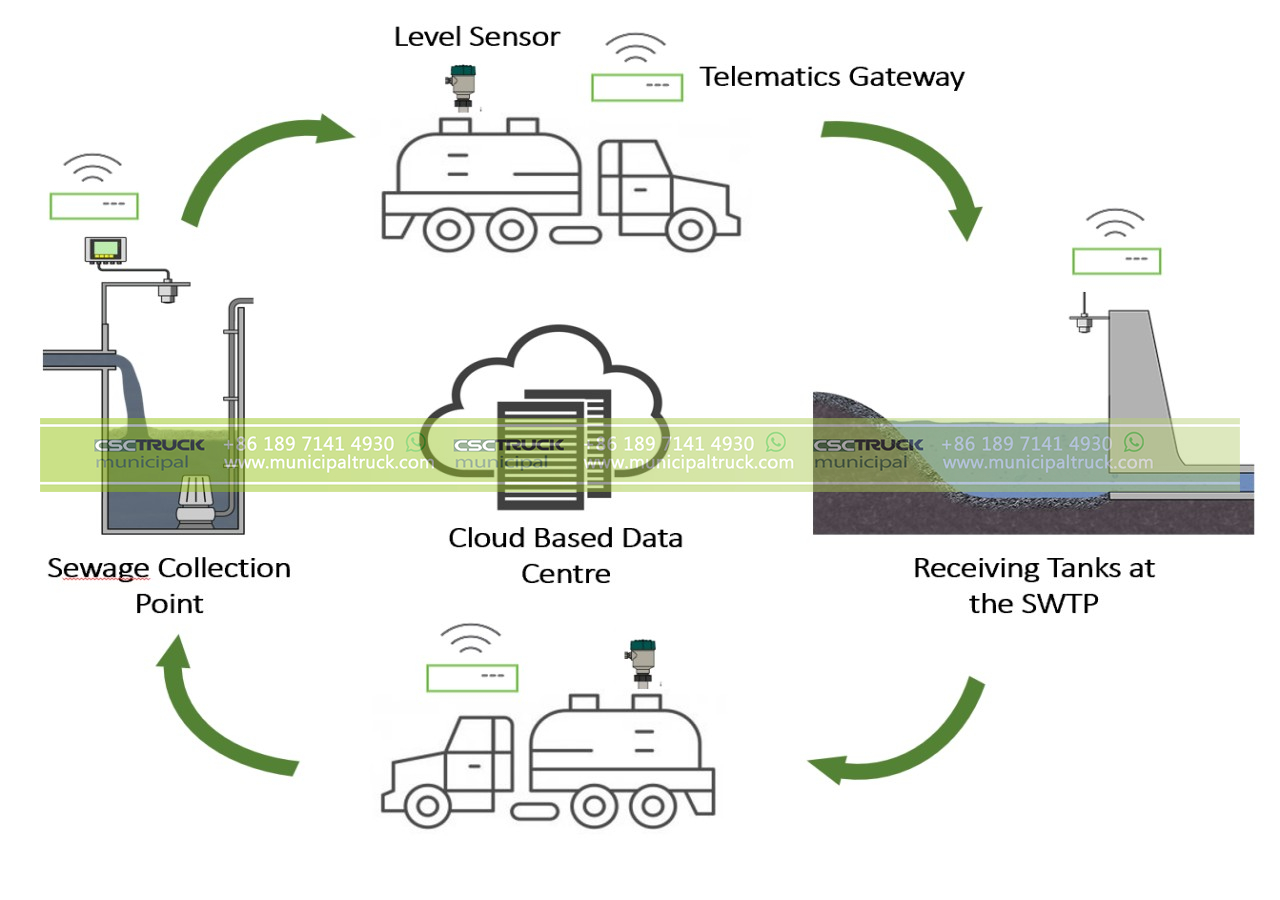
- Green Materials and Design: As environmental concerns continue to grow, the materials and design used in sewage trucks are evolving to align with sustainability goals. Manufacturers are exploring lightweight and durable materials that reduce fuel consumption and emissions. Additionally, aerodynamic designs and energy-efficient components are being incorporated to further enhance the eco-friendliness of these vehicles. The use of bio-based materials, such as bioplastics, is also gaining traction, reducing the reliance on fossil fuels and contributing to a circular economy approach.
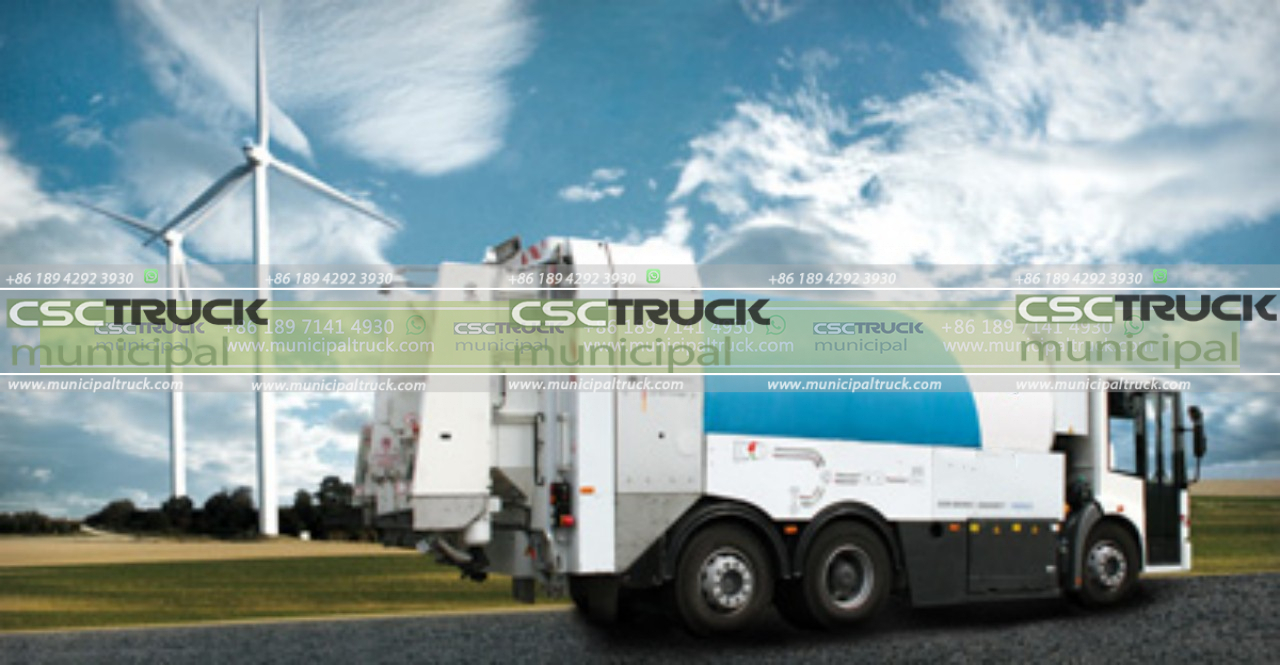
- Integration with Smart Infrastructure: The concept of smart cities is gaining momentum worldwide, and sewage trucks can be seamlessly integrated into this ecosystem. By connecting these vehicles with smart infrastructure, such as smart bins and sensors, waste management can be streamlined and optimized. Real-time data exchange between sewage trucks and waste collection points can enable dynamic route planning, reducing travel distances and minimizing fuel consumption. Furthermore, integration with smart grids can facilitate the use of renewable energy sources for charging electric sewage trucks, further reducing their environmental impact.

- Enhanced Safety Features: Worker safety is of paramount importance in the wastewater management industry. The future of sewage trucks includes enhanced safety features to protect workers and the general public. These features may include collision avoidance systems, improved visibility through cameras and sensors, and advanced warning systems for hazardous environments. By prioritizing safety, the industry can ensure that waste collection and management operations are carried out with minimal risks and accidents.
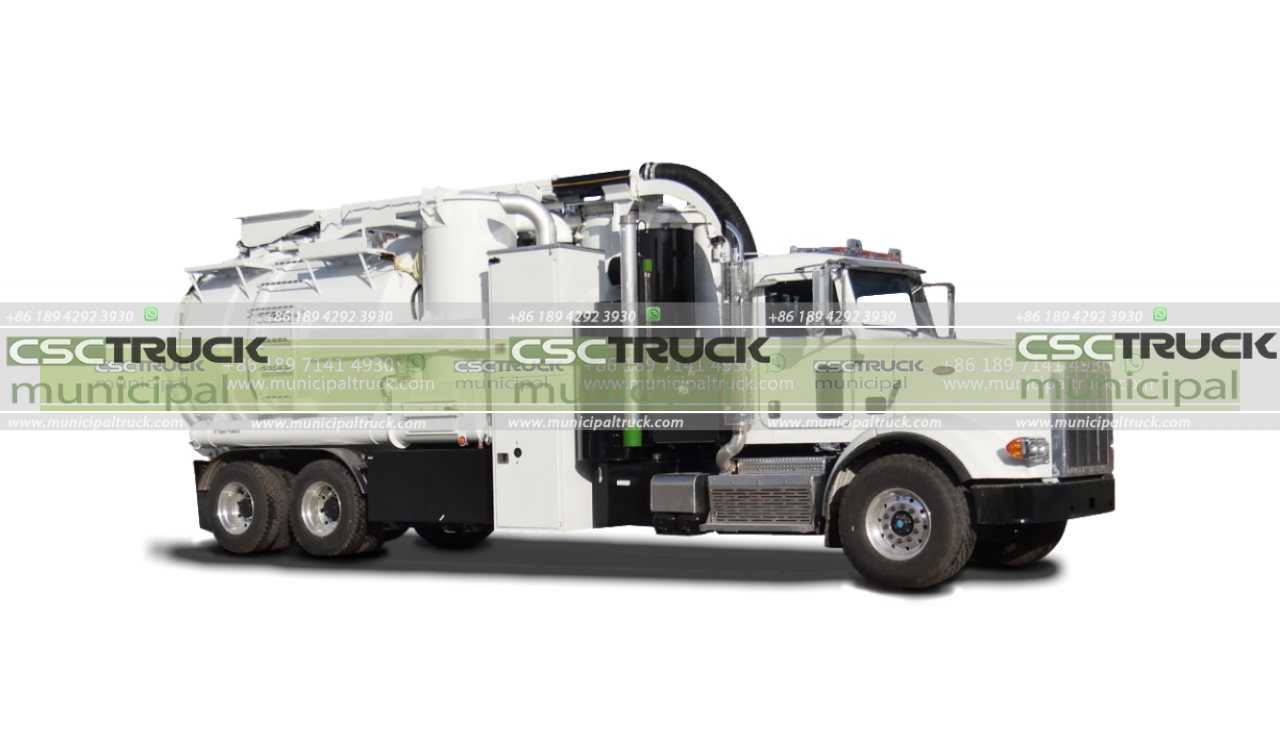
- Water Treatment Technologies: In addition to waste collection, sewage trucks are likely to incorporate advanced water treatment technologies in the future. This can include onboard treatment systems that purify wastewater during transportation, removing contaminants and improving water quality. These systems can be particularly valuable in emergencies or in areas where immediate access to treatment facilities is limited. By treating wastewater on the go, sewage trucks can contribute to the preservation of water resources and minimize the environmental impact of sewage disposal.
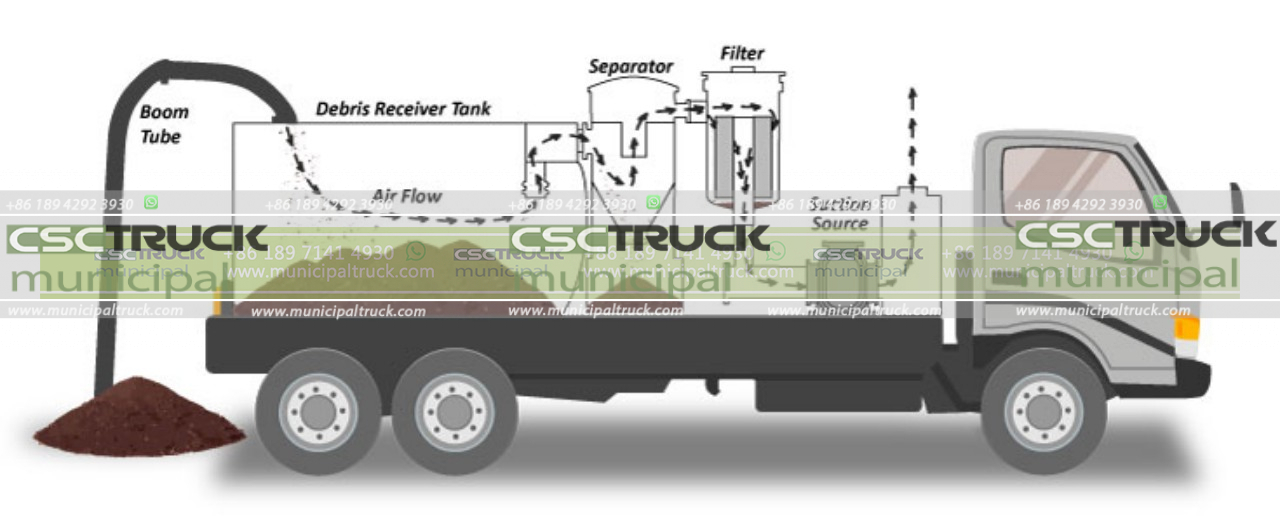
- Collaboration and Integration: The future of sewage trucks lies in collaboration and integration with other stakeholders in the wastewater management process. This includes close coordination with treatment plants, recycling facilities, and regulatory bodies. By fostering partnerships and information sharing, sewage truck operators can ensure that waste is handled and processed most efficiently and sustainably. Collaborative efforts can also lead to the development of standardized practices, guidelines, and regulations that promote best practices and uniformity in the industry.
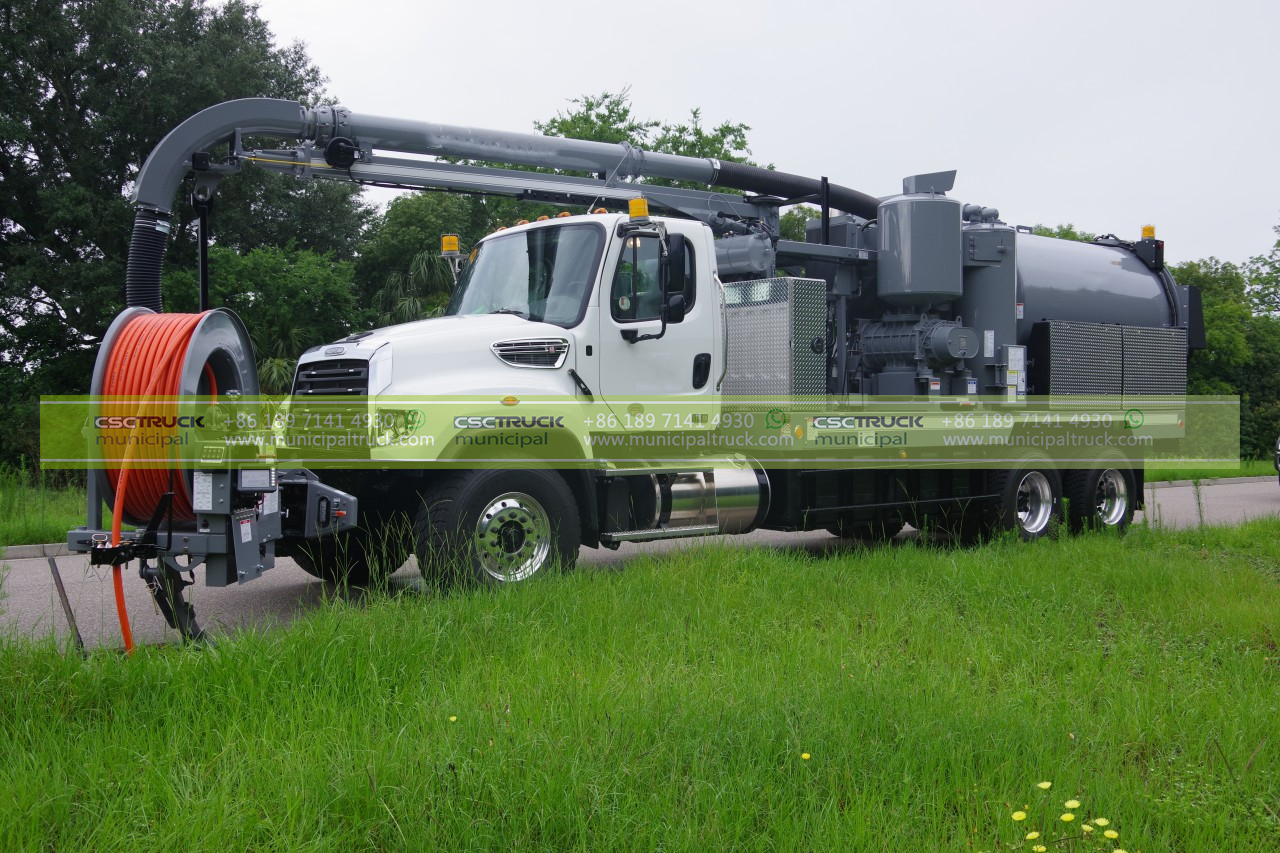
- Public Awareness and Education: As the sewage truck industry undergoes technological advancements and adopts new practices, public awareness, and education become crucial. It is essential to inform the public about the benefits of these innovations, such as reduced environmental impact, improved sanitation, and resource recovery. Educating individuals about the proper disposal of waste and the importance of wastewater management can help foster a culture of sustainability and responsible waste practices.
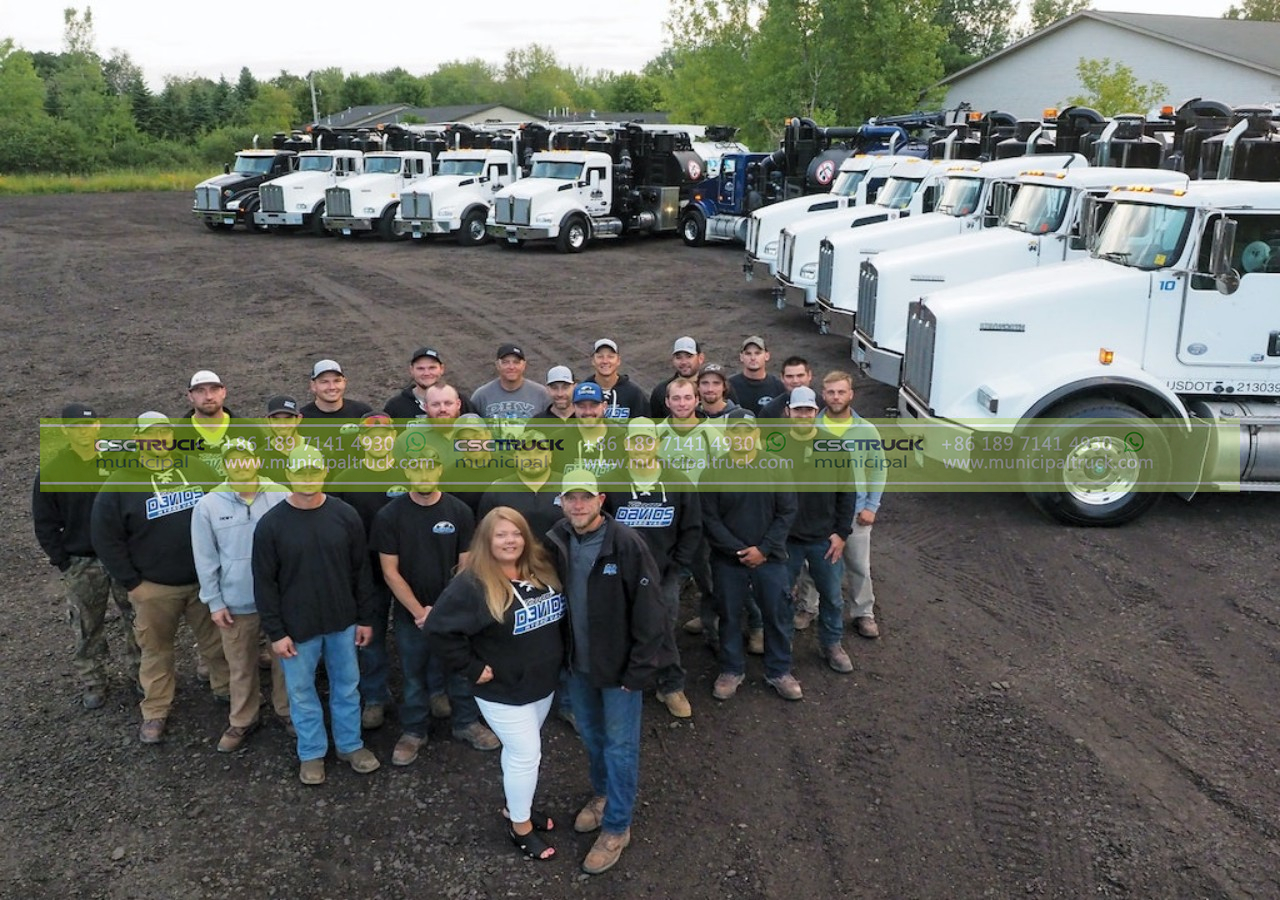 In conclusion, the future of sewage trucks is poised for significant transformation driven by new technologies and emerging trends. Electric and hybrid powertrains, autonomous operation, waste sorting and recycling capabilities, real-time monitoring and data analytics, green materials and design, integration with smart infrastructure, enhanced safety features, water treatment technologies, collaboration, and public awareness are shaping the future of these vehicles. By embracing these advancements, the wastewater management industry can enhance efficiency, reduce environmental impact, and ensure a cleaner and healthier future for communities worldwide.
In conclusion, the future of sewage trucks is poised for significant transformation driven by new technologies and emerging trends. Electric and hybrid powertrains, autonomous operation, waste sorting and recycling capabilities, real-time monitoring and data analytics, green materials and design, integration with smart infrastructure, enhanced safety features, water treatment technologies, collaboration, and public awareness are shaping the future of these vehicles. By embracing these advancements, the wastewater management industry can enhance efficiency, reduce environmental impact, and ensure a cleaner and healthier future for communities worldwide.
Contact us for this municipal truck or similar trucks: [email protected] Call us or What's APP us: +86 189 4292 3930
